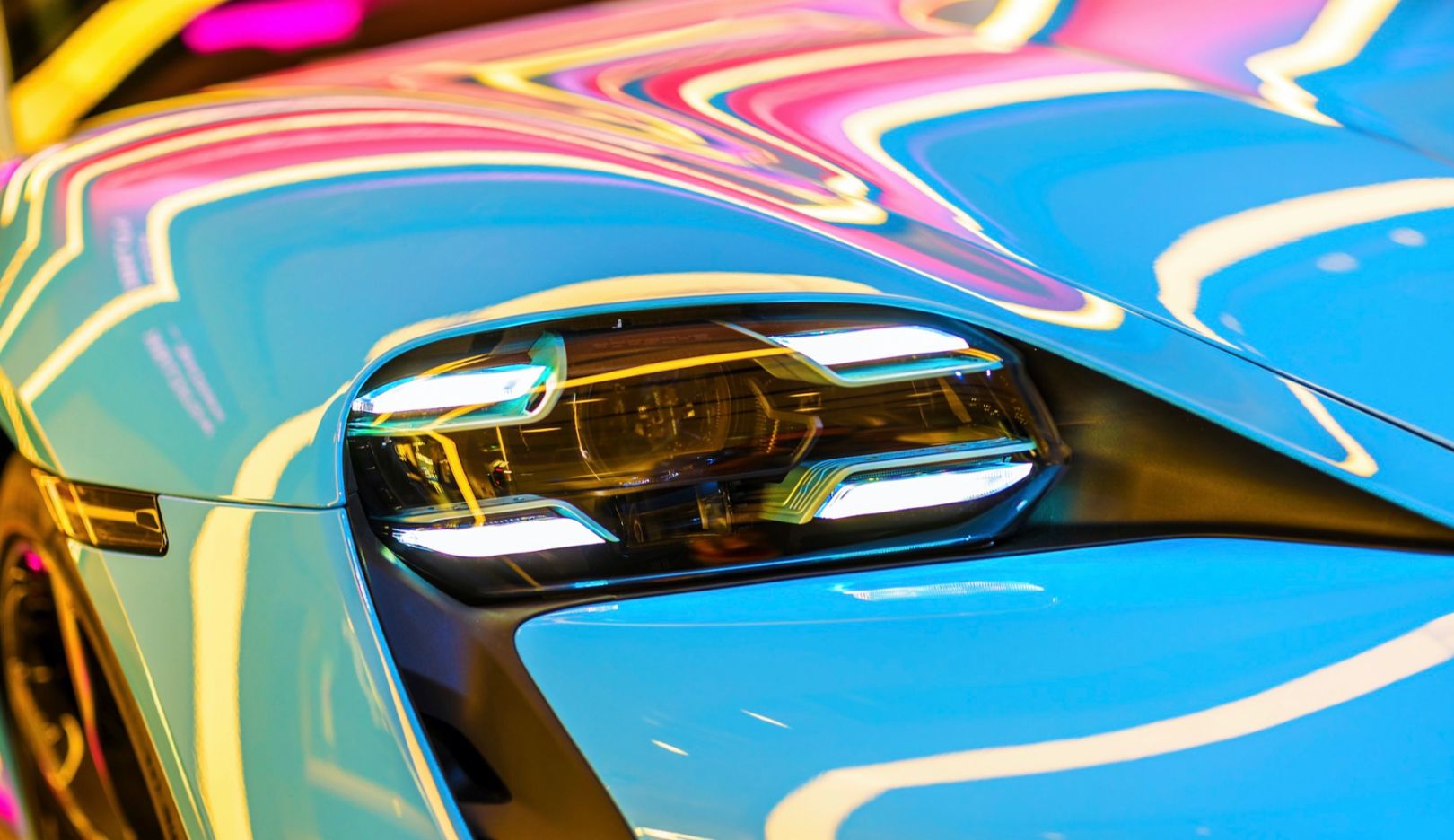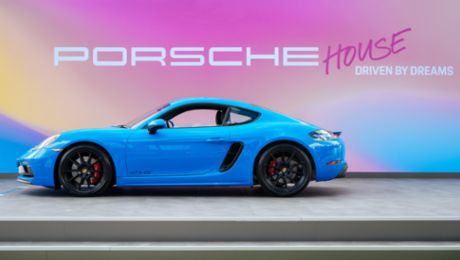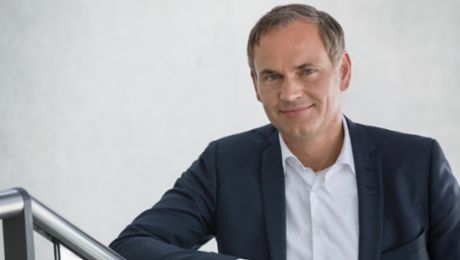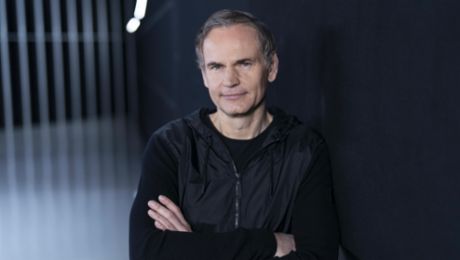What would our world be like today if humans weren’t such natural pioneers, and if people had never fought for their ideas and visions? Porsche played a pioneering role in the field of electric mobility last year with the all-electric Taycan but visionary thinking and a pioneering spirit have always defined the company: in 1898, when he designed the fully electric and now legendary Egger-Lohner Phaeton C.2, Ferdinand Porsche was already far ahead of his time.
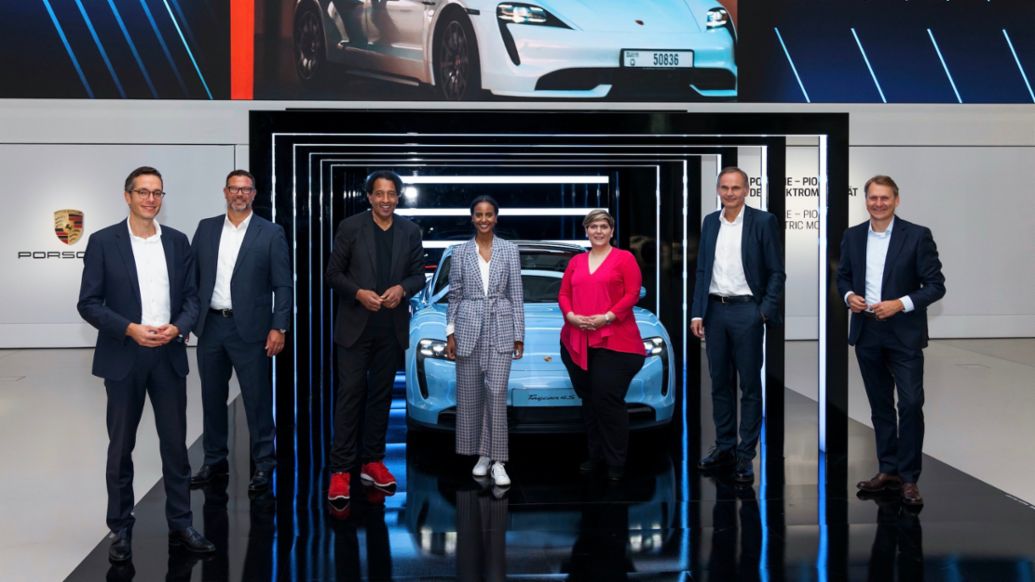
What it takes to be a pioneer today, what drives them and what they achieve was the subject discussed by a panel of experts consisting of Sara Nuru, Yasemin Yazan and Oliver Blume at the Volkswagen Drive Forum in Berlin last week. The brand’s special exhibition “Pioneer in electric mobility” can be seen there until 3 January 2021.
Courage as inspiration
For Oliver Blume, Chairman of the Executive Board of Porsche AG, the answer to the question of what defines a pioneer is clear: “Above all, it is the courage to dare to try something new.” Blume is convinced that the will to create something relevant that captures the spirit of the time – something that is truly needed – is just as important as luck and doing the right thing at the right time.
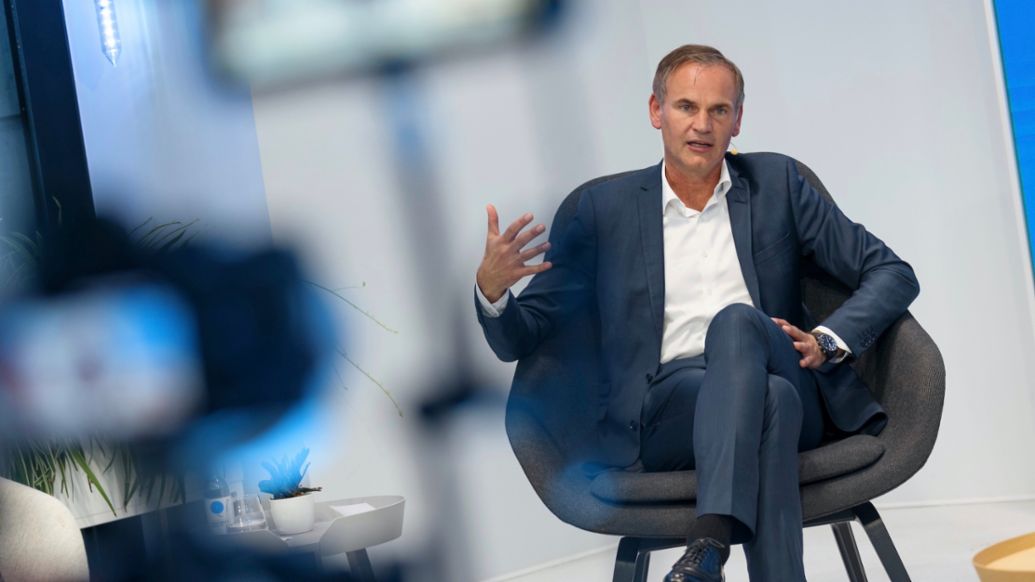
For Nuru, it was a conscious step to think “outside the box” and to dare to do something completely new. Uncertainties and fears were also part of the process, she reports. “But I always had a basic trust in myself. And my sister and I have always believed in ourselves and our idea,” Nuru says.
Meaning as a motivator
“Pioneers pave the way for progress,” notes entrepreneur, author and speaker Yasemin Yazan, who guides companies in transformation processes. “Progress can also involve very small developments, which – like a jigsaw puzzle – ultimately turn into great achievements,” she says.
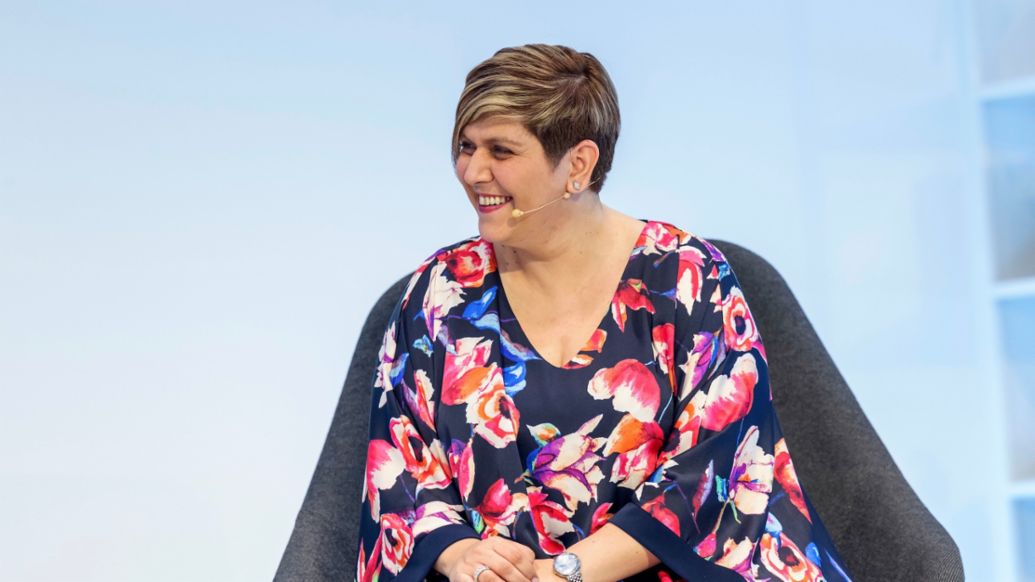
From Yazan’s perspective, you are only a pioneer when you can ignite a fire among employees. She sums up the key to igniting the proverbial fire in simple terms: “If you want performance, you have to offer meaning.” When it comes to mobility this means “more than just building a car. You have to have an idea of the answers that the product provides. This is the only way to create the emotions, the fire and a power that can no longer be stopped,” says Yazan.
He also recognised the qualities of courage, luck and action inherent in company founder Ferry Porsche, who coined the famous sentence: “In the beginning I looked around but I could not find the car I was dreaming of, so I decided to build it myself”. With his design of the 356 “No. 1” Roadster in 1948, Porsche demonstrated the pioneering spirit of his time and it still defines the company to this day.
“Ferry Porsche was not just a dreamer, he took action – and that is what makes the difference,” says Blume. “If we know our identity and origin, we can also look ahead with courage,” adds Achim Stejskal, Head of Heritage and Museum. “We unite the past with the present and the future in a meaningful way.”
Basic trust as the foundation
Entrepreneur and model Sara Nuru embodies the qualities of a pioneer. As the winner of the casting show "Germany's Next Top Model", she and her sister Sali founded the company nuruCoffee in 2016. The company sells coffee from Ethiopia and supports women there with micro loans.
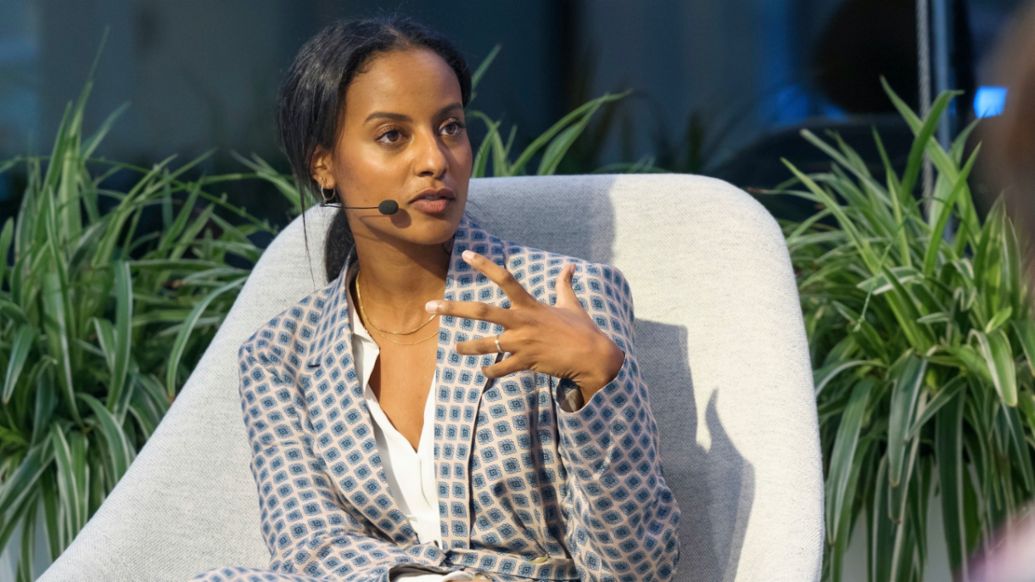
“I was lucky enough to travel to Ethiopia -– the country of my parents. It was there that I saw real poverty for the first time,” says the 31-year-old. At the same time, being confronted with her own privileges inspired her to make good use of the attention she had gained.
Start-up culture as a roadmap
TV-moderator and journalist Cherno Jobatey invites discussion on the extent to which companies should act like startups today. “We have always had a culture of innovation at Porsche, and elements of the startup culture complement this perfectly,” explains Mattias Ulbrich, Managing Director at Porsche Digital.
An error culture is just as important in the process as a creative environment in which new ideas and solutions can be generated. This can be experienced in the Berlin Porsche Digital Office, says the digital expert. Oliver Blume also welcomes orientation based on the startup culture. “Agility is possible only when there is stability. For us at Porsche, it is especially important to connect tradition with the future.”
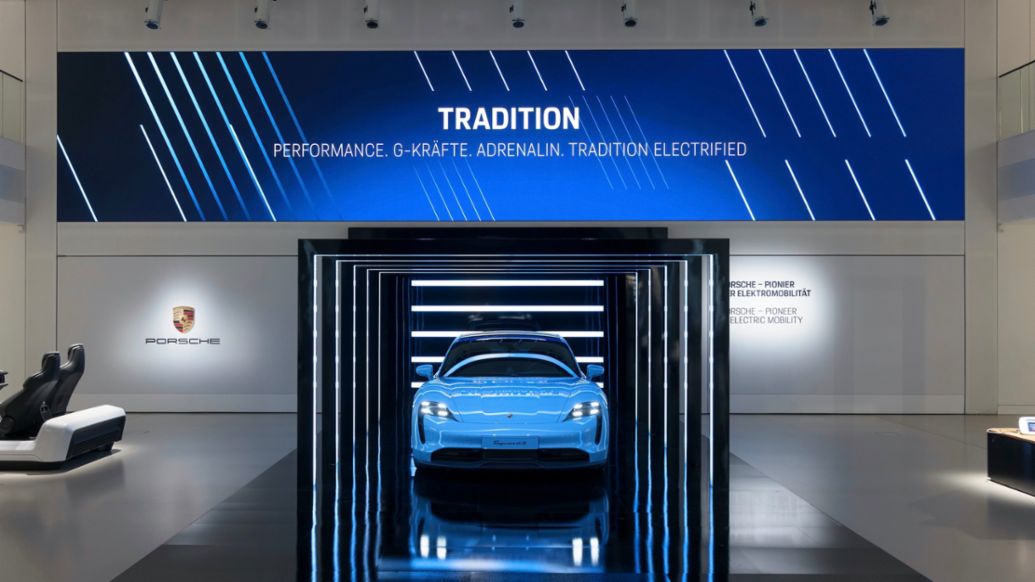
According to Blume, he did not look to the competition during development of the Taycan: “We wanted to surpass ourselves. We wanted the driving pleasure in this car to be as great as in a 911 – if not better.” He adds that Porsche works in the agile way of many smaller organisations, making it possible for something great like the Taycan to become reality. “Our values of passion, sportiness and family-like solidarity, and our pioneering spirit, make it possible to be agile and faster than others.”
Pioneers of the future
To conclude, Jobatey wanted to find out from the experts whether a modern pioneer in 2020 must also be socially committed and do good. “Above all, he or she has to keep up with the times and perceive exactly what is happening in the world right now,” explains Sara Nuru, citing climate change as an example. “Today, it is much more about ‘we’ than ‘I’,” says Nuru.
Oliver Blume adds: “A pioneering achievement is not an end in itself. In the end, everything revolves around people. In 2020 it is about how we can maintain the quality of life in the world as it is today.” In this context, he considers realising pioneering achievements to be a fundamental responsibility. “Always for the benefit of people,” says Blume.
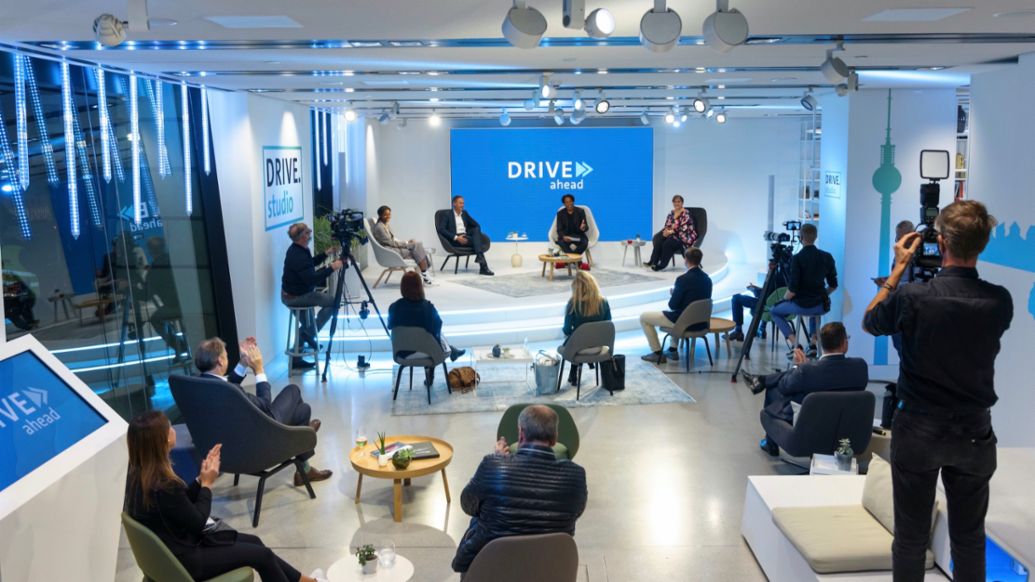
The fact that social aspects at Porsche are seen as being as important as economic success has been demonstrated by the commitment shown in recent months, during the pandemic. “When we started out in crisis management, we asked ourselves where our help was needed,” says Blume. In Germany, the Porsche team then supported the crisis teams in Baden-Württemberg and Saxony in procuring medical protective equipment from China.
Employees also became involved in their private lives through the “Porsche helps” initiative, which also established identity in their own teams, reports Blume. Clearly impressed, Jobatey asked why so little of these good deeds was heard about in public. “When we talk about ourselves, we talk about our products,” says Blume. "The other things go without saying.”
